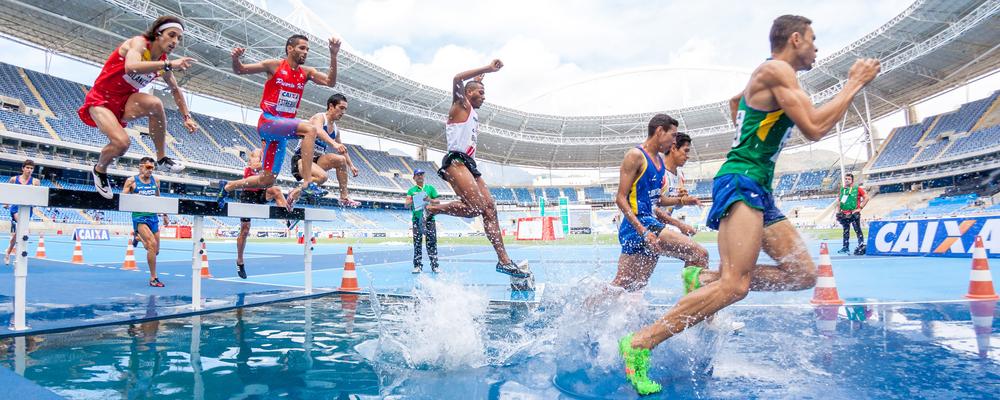The Pathways to World-Class study has interviewed 18 elite athletes who have made the journey from national team debut to the very top of the world in individual, team and Paralympic sports.
“The opportunities to achieve world-class status as an elite athlete are very different, and the route to success is anything but straightforward,” explains Astrid Schubring, an Associate Professor at the University of Gothenburg’s Department of Food and Nutrition and Sport Science, who – together with Karin Grahn, Pär Rylander, Suzanne Lundvall and Elin Bergström – has studied how Swedish elite athletes reach world-class level. “Elite athletes need a family who can provide both financial and social support, as this support is lacking in some areas of elite sport, such as in low-resource sports and parasports. This means that sport risks missing out on many talented athletes who want to invest in their sport, but who don’t have a family or relatives with the necessary resources.”
Support must be tailored according to individual needs
If an athlete is to participate for a longer period of time and if Sweden wants to continue to maintain competitive sport at an international level, support must be tailored to take into account the individual needs of elite athletes. Elite athletes need to be able to combine their top-level sports with family life, studies and work. This places demands on elite sport’s own support system, in terms of everything from opportunities to adapt studies to assistance from the Swedish Board for Study Support, as well as insurance in the event of health problems and access to security systems such as sickness benefits, parental insurance and pension entitlement. The study also shows that this requires employers who are prepared to deal with the flexibility necessitated by a dual career of work and elite sport.
The need for a more level playing field
“We need to optimise existing resources while also putting in place even better conditions for improved and more equal opportunities for tomorrow’s world athletes,” adds Peter Mattsson, a project manager for #Elitidrott2030 at the Swedish Sports Confederation. “This applies all the way from associations, via the national teams, and right up to the top of the world. This is the basis for #Elitidrott2030, an initiative from the Swedish Sports Confederation, the Swedish Olympic Committee and the Swedish Paralympic Committee. As part of this, we need to keep working with coordination and individualisation, while also securing support from the public and private sectors.”
